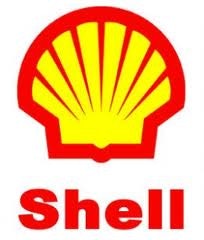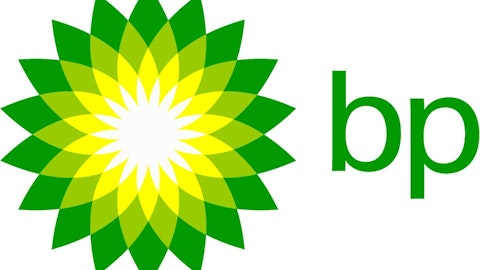
So far, products aimed its way have been met with only muted interest. But promise of an ongoing, low-cost fuel supply could change that.
Such a scenario is definitely good news for a handful of companies that are aggressively carving their niches in development, distribution and end-use markets serving the transportation industry. With natural gas prices already the lowest they’ve been in a decade, the time may soon be right for the array of products and services they’re offering.
I offer my take on the top companies in production, delivery and design below. For a look at the leading on-road and off-road players in this space, click over to this post.
Two studies offer positive news for boosters
The first of these studies was funded by the nonpartisan Alfred P. Sloan Foundation and conducted by the University of Texas. It looked at 15,000 wells drilled over the past 10 years in the northern Texas Barnett Shale formation. According to an analysis in the Wall Street Journal, “the research provides substantial evidence that there are large quantities of gas available that can be drilled profitably at a market price of $4 per million British thermal units, a relatively small increase from the current price of about $3.43.”
The school is also looking at shale formations in Pennsylvania, Louisiana and Arkansas, and has predicted U.S. natural gas production won’t plateau until 2040. It has scheduled those additional reports for release in 2014.
The other study was conducted by RBC Capital Markets and Economist Intelligence Unit. This one surveyed 357 North American executives on how growth in gas production will transform the energy and transportation sectors. Nearly three-quarters of respondents believe natural gas prices will rise over the next five years — but only by around 10 percent. Most also believe the transportation industry will not completely transform into gas-based usage, but will continue to diversify in that direction.
The potential benefit from these dual findings was underscored by the trade magazine Fleet Owner, which said the shift to natural gas is already gaining traction and will likely accelerate if pricing stays low and development in infrastructure and trucking products continue on pace.
Three companies positioned to benefit
One of the biggest winners here should be Royal Dutch Shell plc (ADR) (NYSE:RDS.A). Shell is still an oil company, but for some time now it’s been one that intends to profit more and more from Liquefied Natural Gas, or LNG. Last year its natural gas production passed its oil production for the first time in company history. Then in the final days of February it added approximately 7.2 million tons a year to its annual volume by acquiring the LNG assets of Spain’s Repsol for approximately $6.2 billion.
Shell projects global interest in LNG as a transportation fuel will continue to grow. It has estimated that demand will double to 400 million tons by 2020, and possibly to 500 million tons by 2025. That’s a big reason it’s boosting its position and aggressively working to convince the transportation industry to increase its use of the fuel in long-haul heavy-duty trucks.





